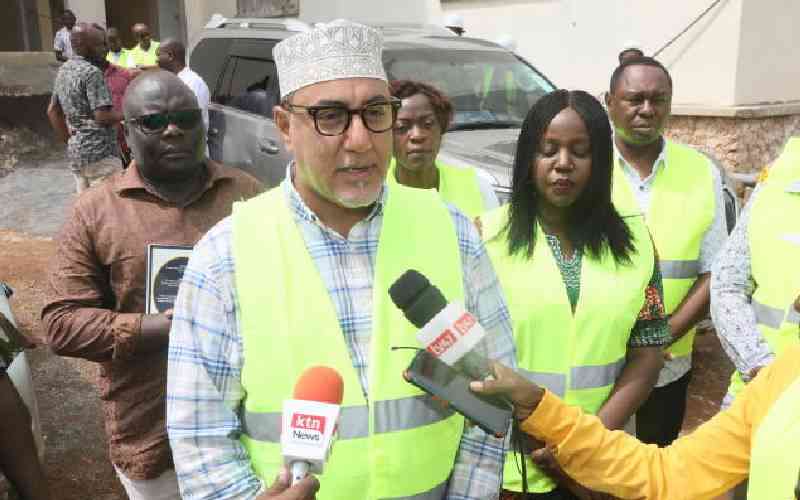×
The Standard e-Paper
Join Thousands Daily

The controversial Sh10 billion project that has sucked in former Tourism and Wildlife CS Najib Balala could arguably be the most probed in the country in recent times.
A report from a special audit revealed that the Ronald Ngala Utalii College project is overburdened with incremental interests and penalties from delayed payments due to consultants and contractors.